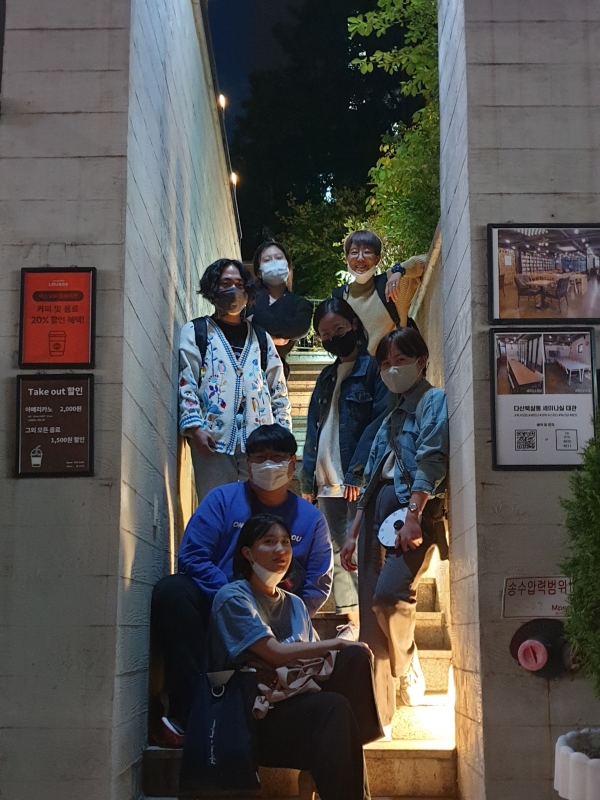
Photo provided by Gongdeok-dong House
Society and cultures by definition change and today with the consistently issued problems such as unstable job markets, income troubles, societal and cultural value changes, and political issues are contributing to a global generation of those who are choosing to skip marriage or just remain single. This global trend was just beginning well over a decade ago, but today it has reached a critical point with the coronavirus pandemic accelerating this global shift.
According to a survey by Statistics Korea last year, 51.2 percent of the total population above the age 13 considered marriage as a “must,” which is 13.5 percent point lower in comparison to the same survey done 10 years ago, in which 64.7 percent of those over 13 marked marriage as a “must.”
These statistics are not just what people are thinking, but a reflection of how people are now acting. Non-marital communities are communities where people who do not choose to marry come together. The topic is quickly becoming a centerpiece in the conversation on what it means to be single or in an unmarried relationship.
Gongdeok-dong House, is one of those non- marital communities created by members who met through a group made by Hong Hye-eun on Facebook. Hong is the Project Director of Gongdeok-dong House and was first connected with members of this community through online discussions on feminism. Soon after some discussions, they discovered that every woman were collectively facing residential issues and decided to form a community and live together. Today, this community is known as Gongdeok-dong House.
According to Hong, there are many contributing factors to this growing movement in Korea where women are refusing to follow the traditional routes to marriage. Traditionally, and in many cases today, marriage is not a decision that is made by individuals, but rather by outside forces where women have very little say in the outcome.
“The reality is that marriage is disadvantageous to women,” Hong said. “The view that the obligations and requirements given to the individual in a family are unreasonable is spreading among younger generations. These ideas show that the existing family system has reached its end.”
Connected to the idea of marriage, is the idea of space or where people are living. In Korea, and elsewhere in the world, it is common for young couples to purchase their own space soon after their marriage. However, as single households are growing, accessing a space suitable for living is becoming harder.
“Nowadays in Korea, the reality of the real-estate market is that in order to pay one’s housing debts, people need to repay loans for the rest of their lives,” Hong said. “Single households that are placed in the lower ends of the economy are bound to live in cramped, poorly ventilated studio apartments.”
In an effort to provide better living conditions state rental housing projects that offer subsidized housing have been created. However, they still have their drawbacks, as many of these are still too expensive for single households and are still designed based on married couples starting a family.
In hopes of contributing a positive change for this situation facing single households, Hong wishes that in the future, rental housing policies will change to reflect the societal shift to those choosing a single life.
“We would like to contribute to society by proving that even a family that is not formed by blood relationships can live together as a community,” Hong said.

